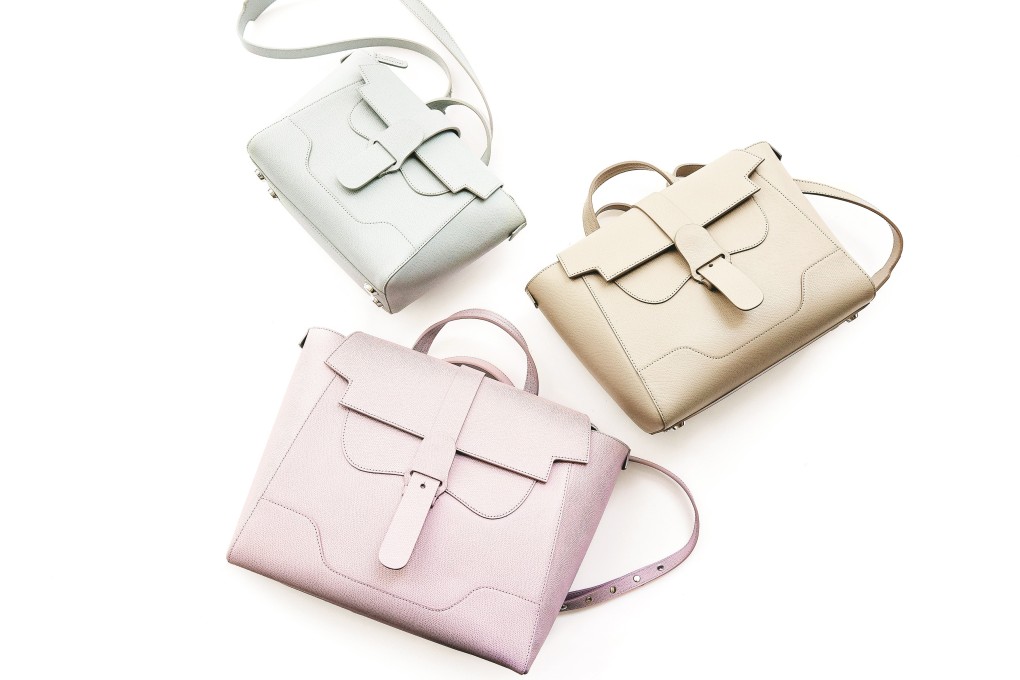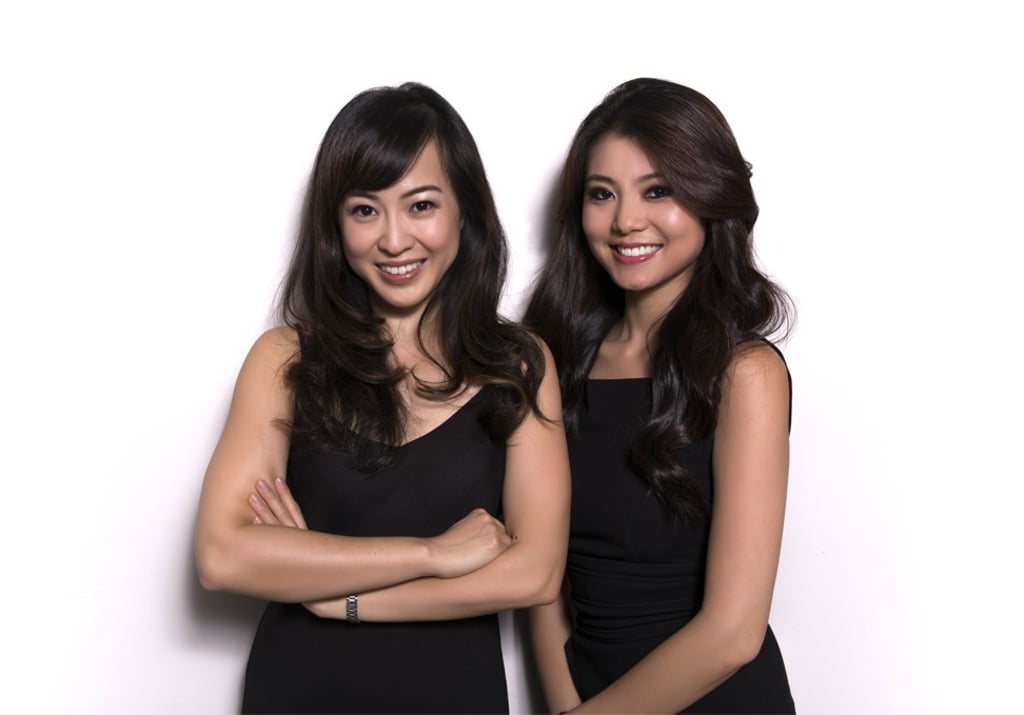The brains behind Senreve’s luxury handbag that turns into a backpack – two Chinese-American bag fanatics new to the fashion business
- Start-up aims to create luxury items without the fragility – products that can be used every day and suit all occasions
- Founded by women, one-third of Senreve’s investors are female and, being based in San Francisco, it can take advantage of a supportive tech start-up culture

When Coral Chung and Wendy Wen decided launching a handbag line was their way into fashion, they first asked women what they wanted from a bag.
While they could not exactly say what they wanted, in surveys, focus groups and interviews, respondents complained about carrying a heavy bag on one shoulder, needing to carry a laptop around, and not being able to easily find things in their bags.
The pair interpreted this as women expressing the need for versatility and seamless transition.
Professional women wanted bags sturdy enough to hold laptops, that they could keep organised, and that could be used from office to lunch meeting to cocktails, and at the gym, they concluded.

They created Maestra, the first bag from the pair’s San Francisco-based company Senreve. The structured leather bag, launched in 2016, comes in three sizes, and can be worn on a shoulder or turned into a backpack in seconds by shortening a strap.